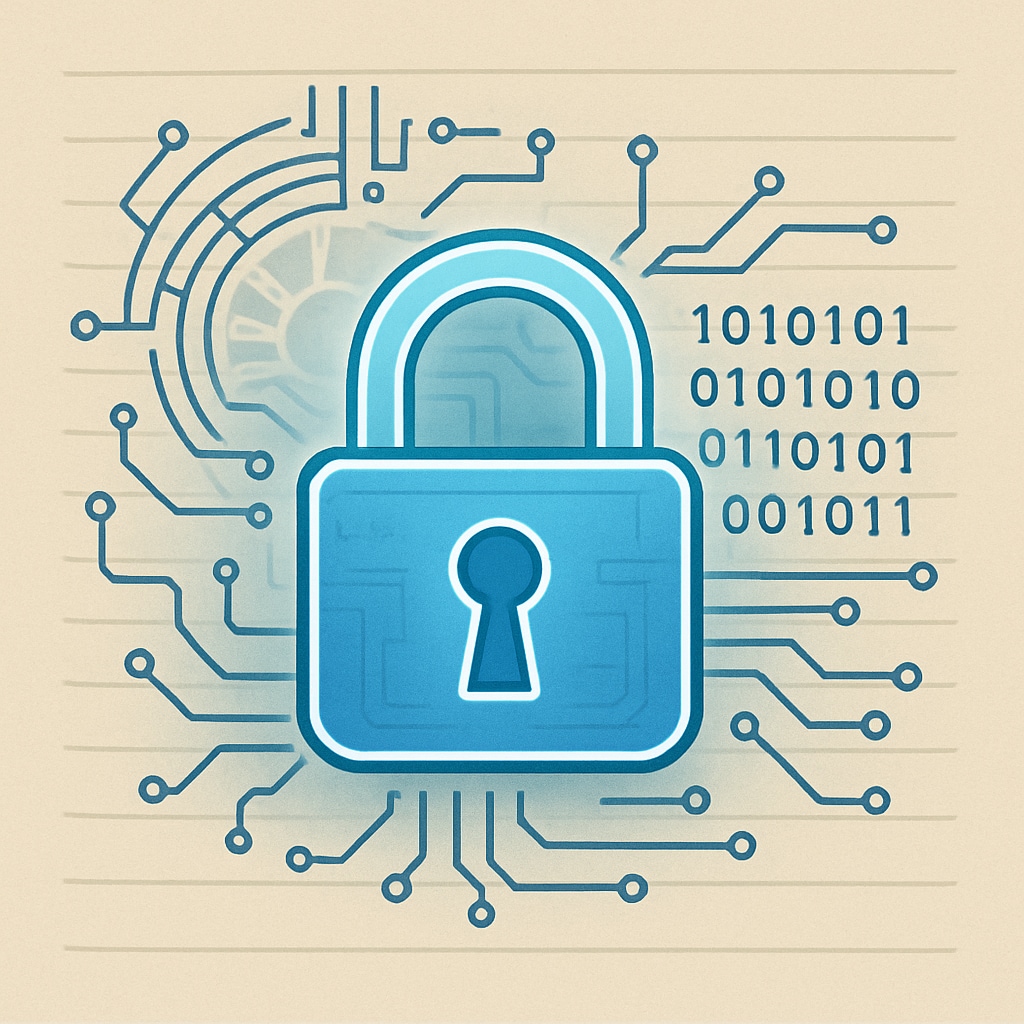In today’s technology-driven world, the fields of cybersecurity and data science engineering are garnering immense attention. These disciplines play a pivotal role in shaping the digital economy, making them ideal career paths for aspiring professionals. For K12 students weighing their options for the future, understanding the differences in study paths, career opportunities, and day-to-day professional life in these fields is essential. This article provides a detailed guide to help students and their parents navigate cybersecurity, data science engineering, and career choices.

What is Cybersecurity?
Cybersecurity focuses on protecting computer systems, networks, and data from unauthorized access, attacks, and damage. Cybersecurity professionals design and implement security measures to safeguard sensitive information in both the public and private sectors. They play a crucial role in combating cyber threats such as phishing, malware, and ransomware.
Key responsibilities in cybersecurity include:
- Monitoring and securing network infrastructure.
- Conducting vulnerability assessments and penetration testing.
- Responding to security breaches and mitigating risks.
As cybercrime continues to rise, the demand for skilled cybersecurity professionals is growing. According to CyberSeek, there are hundreds of thousands of unfilled cybersecurity positions worldwide.
What is Data Science Engineering?
Data science engineering involves extracting insights from data through statistical analysis, machine learning (a subset of artificial intelligence), and data visualization. This field focuses on interpreting large datasets to improve decision-making in industries such as healthcare, finance, and technology.
Key responsibilities in data science engineering include:
- Building and optimizing data pipelines.
- Developing predictive models using machine learning algorithms.
- Presenting findings through dashboards and visualizations.
As organizations increasingly rely on data to drive strategies, data scientists are in high demand. The U.S. Bureau of Labor Statistics projects a 36% growth in data science jobs by 2031, highlighting the field’s rapid expansion.

Comparing Study Paths
Both fields offer rigorous academic training, but their focus areas differ:
- Cybersecurity: Courses typically include cryptography, network security, and ethical hacking. Many students pursue certifications like CISSP (Certified Information Systems Security Professional) to enhance their credentials.
- Data Science Engineering: Courses emphasize statistics, programming languages like Python and R, and big data tools like Hadoop or Spark. Students often benefit from a strong foundation in mathematics.
For K12 students, exploring STEM (Science, Technology, Engineering, and Math) subjects during high school can provide a solid foundation for both career paths.
Career Prospects and Lifestyle
While both fields offer lucrative job opportunities, they cater to different interests and work styles:
- Cybersecurity: Professionals often work in high-pressure environments, responding to security incidents and staying ahead of evolving threats. They may work in roles like Security Analyst, Penetration Tester, or Chief Information Security Officer (CISO).
- Data Science Engineering: This field offers a balance between technical problem-solving and creative data storytelling. Common roles include Data Analyst, Machine Learning Engineer, and Data Architect.
Both fields offer flexible work environments, including remote opportunities. However, cybersecurity may require on-call duties during emergencies, while data science roles often follow project-based timelines.
Conclusion: Which Path is Right for You?
Choosing between cybersecurity and data science engineering depends on your interests, skills, and career aspirations. If you enjoy problem-solving and protecting critical systems, cybersecurity might be the right fit. On the other hand, if you have a passion for numbers, patterns, and data-driven decision-making, data science could be your calling.
To make an informed decision, K12 students should explore both fields through internships, online courses, and mentorship opportunities. As the digital landscape continues to evolve, these career paths promise exciting opportunities for the next generation of innovators.
Remember: Both fields are in high demand and offer rewarding career options. The key is to align your interests with your skills and long-term goals.
For additional resources, check out Britannica’s guide to cybersecurity and Wikipedia’s overview of data science.


